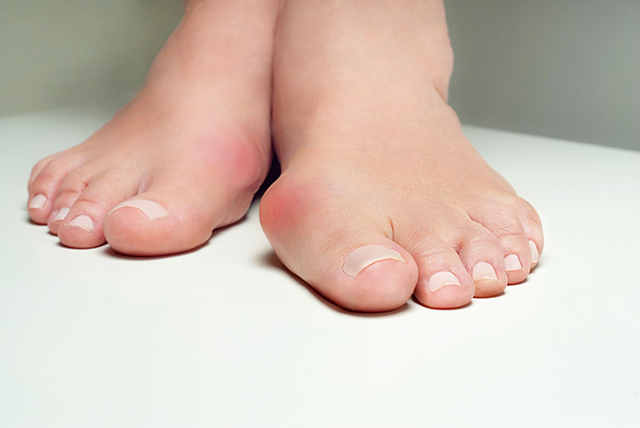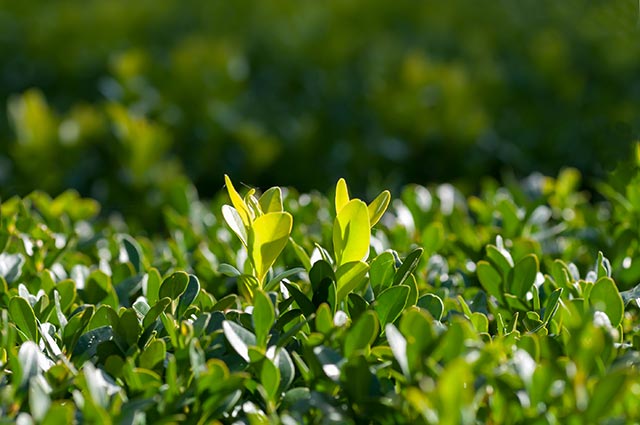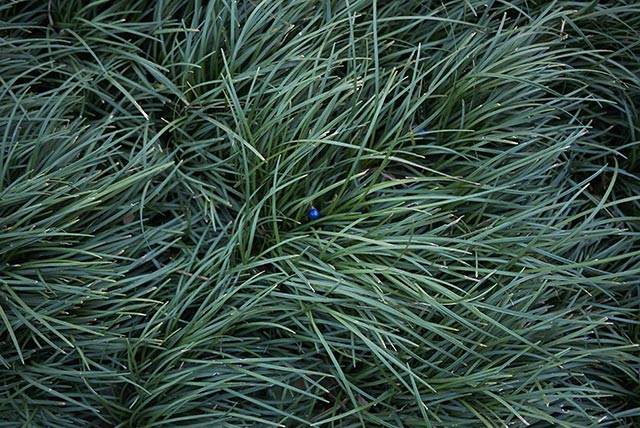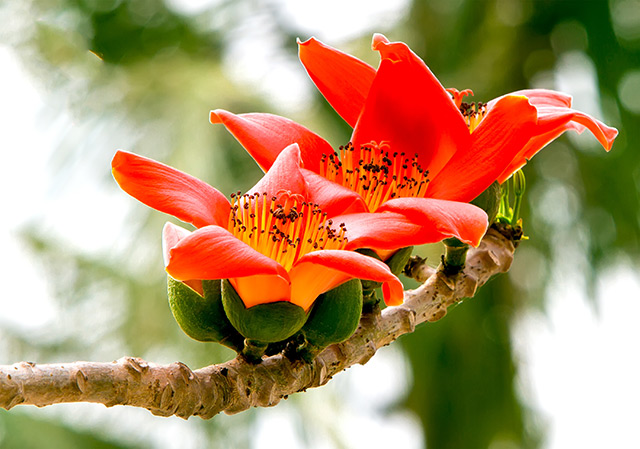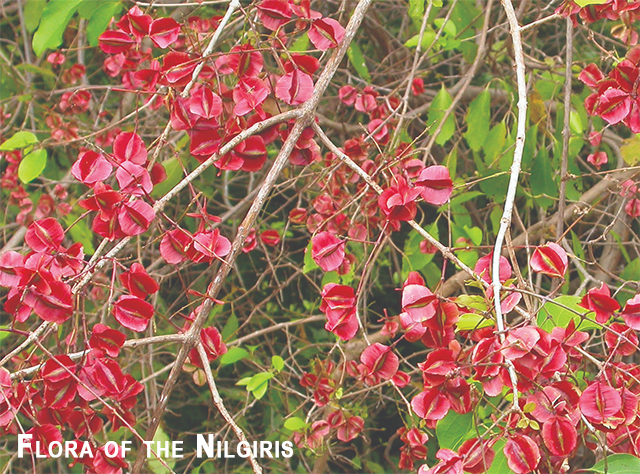A species of sea snail found to hasten wound recovery
10/22/2018 / By Ellaine Castillo
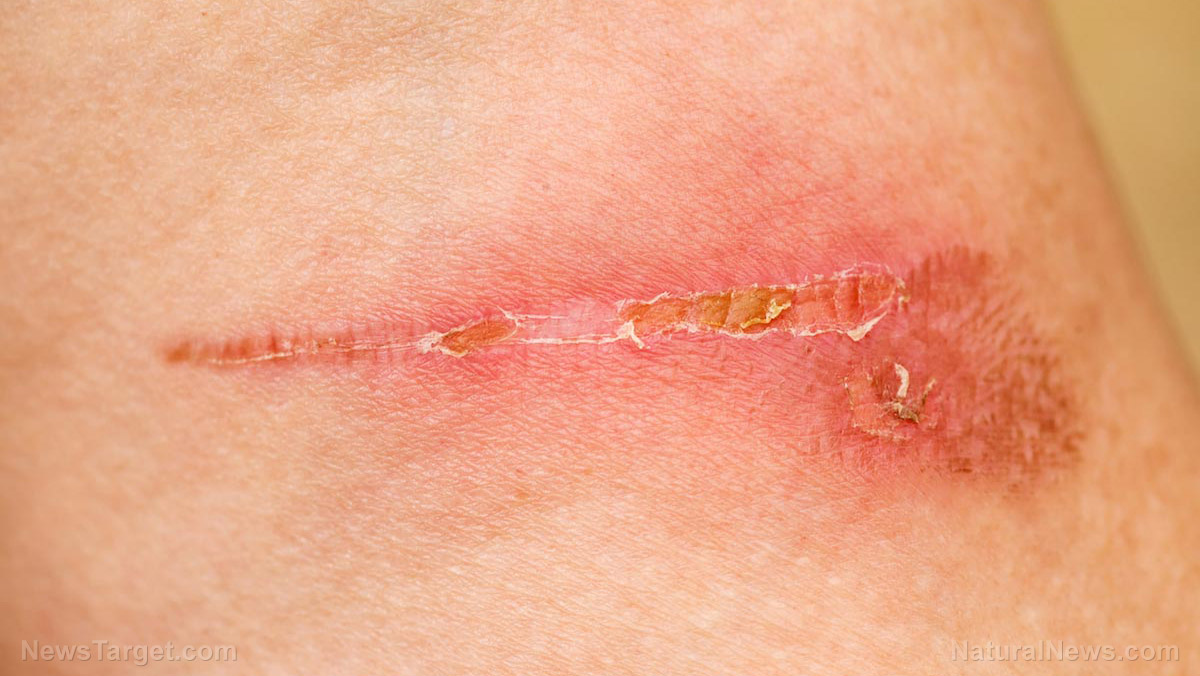
A study, published in BMC Complementary and Alternative Medicine, showed the potential of Haliotis diversicolor shell in treating burns. The group of researchers, which was composed of scientists from National Sun Yat-sen University, I-Shou University, and China Medical University, looked into the effects of H. diversicolor on in vivo and in vitro models for burn injuries.
The shell of H. diversicolor is a commonly used traditional Chinese medicine, known as shijueming or abalone shell. This shell is abundant in calcium, iron, magnesium, sodium, silicon, aspartic acid, and glutamic acid. Shijueming can be used to treat different diseases like eye or liver disease, and skin injuries, like ulcers and traumatic wounds. Although it is widely used, its anti-inflammatory properties have not yet been verified in vivo prior to this study. Aside from this, the underlying mechanism behind its healing effect was also left to be determined.
In this study, anti-inflammatory activity and phagocytic assays were conducted on lipopolysaccharide (LPS) challenged RAW 264.7 murine macrophage cells to show the effects of abalone shell in vitro. Results show that RAW 264.7 cells treated with one to five mg/mL H. diversicolor had significantly higher survival rates than the setup wherein no treatment was added. Treated cells were also observed to have better phagocytic activity, as shown by increased absorbance values in the neutral red phagocytic assay.
Aside from these, the anti-inflammatory property of abalone shell was also observed by inducing inflammation in RAW 264.7 cells. The levels of the inflammation factor, inducible nitric oxide synthase (iNOS), in these cells were then estimated. Results show that cells treated with abalone shell had reduced levels of iNOS.
In addition to in vitro experiments, researchers also made use of an in vivo model to show the healing properties of H. diversicolor. The researchers made use of male Wistar rats that were given burns by allowing a preheated copper block to touch the rat’s skin for 10 seconds. These rats were then treated with different concentrations of H. diversicolor (200 mg/mL or 600 mg/mL) or mineral oil. There was also one setup where no treatment was given for the burns. Based on the results, animals treated with abalone shell exhibited significant improvements in wound healing. This was also backed by results from histopathological staining analysis.
The study also looked into the presence of wound healing wound healing factors, specifically transforming growth factor-beta 1 (TGF-beta 1) and collagen. To evaluate collagen concentration, picrosirius red staining was done. This method differentiates between collagen I and collagen III by staining them red and green, respectively. Results showed that collagen I levels increased, while collagen III levels were reduced compared to the control. Western blotting of the skin samples also showed that there was an increase in TGF-beta 1 in rats treated with H. diversicolor. This is associated with elevated collagen levels since TGF-beta 1 inhibits collagen degradation.
From these results, the researchers concluded that abalone shell alleviates inflammation, enhances phagocytosis, and triggers healing of burn injuries. These were based on the observations that iNOS expression is reduced while macrophage activity is enhanced. Aside from these, it was also observed that there is an increase in TGF-beta 1 expression during wound healing. Overall, these results suggest that H. diversicolor can be used to treat wounds and hasten their recovery. (Related: The top herbs and supplements for wound healing and post-surgical recovery.)
Home remedies for burns
Other home remedies that can alleviate burns include:
- Aloe vera – The Aloe vera has been called the “burn plant” by many people because of its ability to heal first- to second-degree burns. It contributes to wound healing through its ability to reduce inflammation, promote circulation, and inhibit the growth of bacteria.
- Honey – Topical application of honey can help minor burns heal. Aside from this, it also possesses anti-inflammatory, anti-bacterial, and anti-fungal properties.
- Lavender – This essential oil is known for its antiseptic and pain-relieving properties. It can be directly applied to the burned skin and is considered safe even for children. Additionally, its scent can also provide some form of relief by calming a person after the injury.
Learn more about H. diversicolor and other traditional Chinese medicines by visiting ChineseMedicine.news today.
Sources include:
Tagged Under: abalone, alternative medicine, anti-inflammatory, burn injury, Burns, haliotis diversicolor, natural cures, natural medicine, remedies, shijueming, traditional Chinese medicine, Wound Healing, wounds




